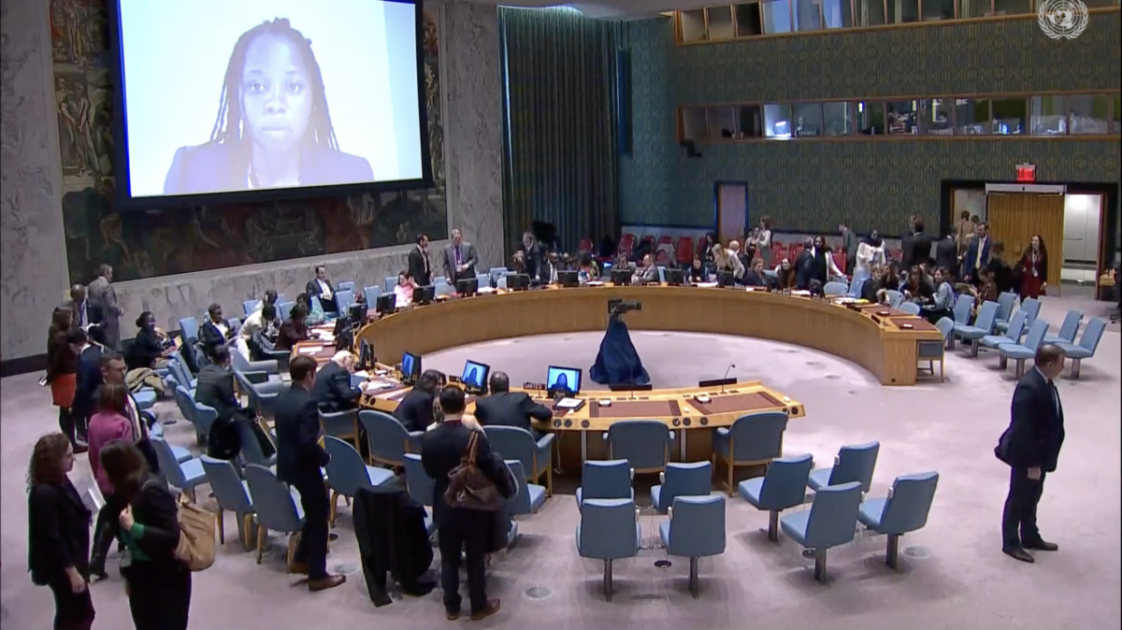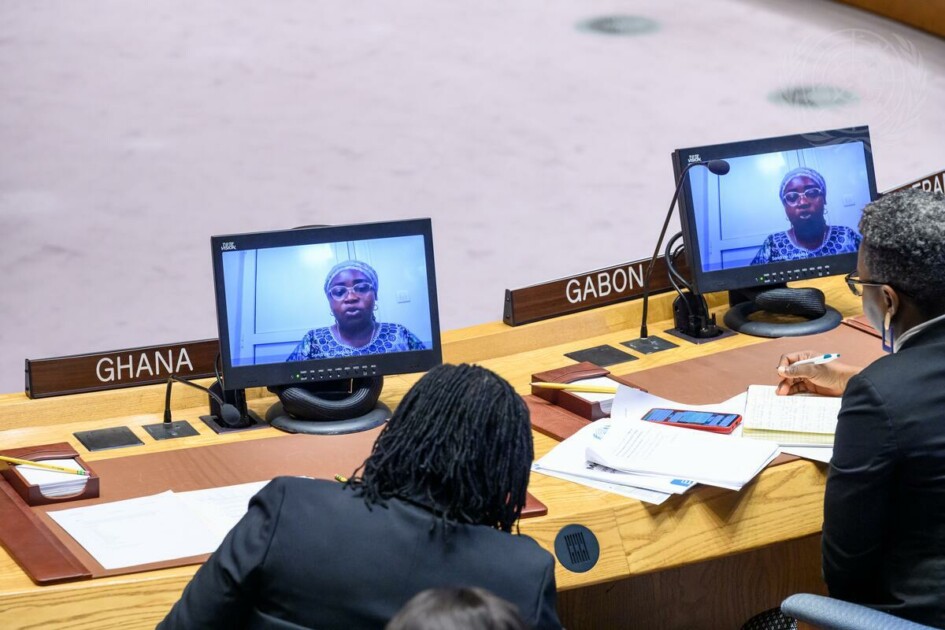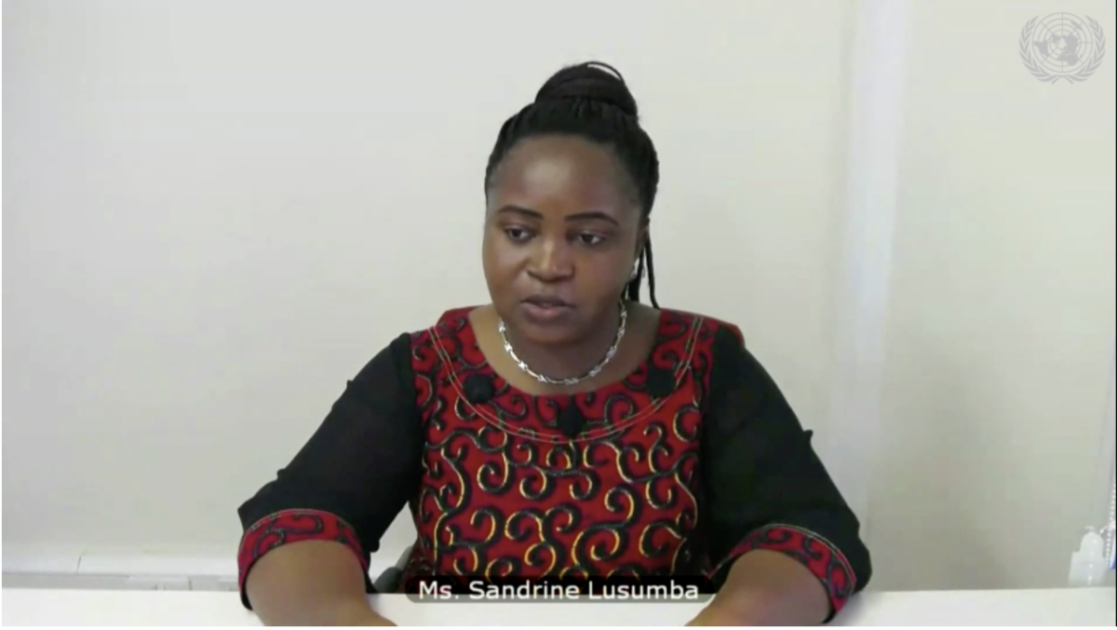Democratic Republic of the Congo
Women in the Democratic Republic of Congo continue to face widespread sexual violence, disease, and displacement in conflict situations arising from clashes between dozens of armed groups. Often, sexual violence and rape are used as terror tactics and weapons of war, and despite the ratification of the Convention on the Elimination of All Forms of Discrimination against Women (CEDAW) and the Women’s Platform for the Peace, Security and Cooperation Framework, women are still largely underrepresented in peacebuilding efforts. Additionally, women activists face rape as a form of torture by government actors who disagree with their political activity. The United Nations Organization Stabilization Mission in the DRC (MONUSCO) aims to provide protection for civilians, including reducing the threat of armed groups perpetrating sexual and gender-based violence, monitoring and reporting on sexual violence and ensuring women’s participation in stabilization and national political dialogue.
Democratic Republic of the Congo
Women in the Democratic Republic of the Congo continue to face widespread sexual violence, disease, and displacement in conflict situations arising from clashes between dozens of armed groups. Often, sexual violence and rape are used as terror tactics and weapons of war, and despite the ratification of the Convention on the Elimination of All Forms of Discrimination against Women (CEDAW), and the Women’s Platform for the Peace, Security and Cooperation Framework, women are still largely underrepresented in peacebuilding efforts.
Additionally, women activists face rape as a form of torture by government actors who disagree with their political activity. The United Nations Organization Stabilization Mission in the DRC (MONUSCO) aims to provide protection for civilians, including reducing the threat of armed groups perpetrating sexual and gender-based violence, monitoring and reporting on sexual violence and ensuring women’s participation in stabilization and national political dialogue.
Current and Past Recommendations to the UN Security Council (Monthly Action Points)
Government formation in the DRC is delayed and clashes between rival armed groups in North Kivu have triggered an escalation of violence against civilians in the region. The current response to the Ebola outbreak exacerbates other problems in the DRC. On the ground humanitarian workers are facing resistance and violence in a region where several armed groups are active. In addition, rumors and mistrust hinder the work of health workers where some of the inhabitants are in denial of the disease and sometimes violently oppose safe burials. Security Council members, as key humanitarian donors, should ensure gender is mainstreamed across all humanitarian response efforts in addition to ensuring that there is specific funding for stand-alone holistic care projects for survivors of sexual and gender-based violence (SGBV). As of 18 July, 56% of confirmed or probable cases are female (WHO); women and girls face a higher risk of contracting Ebola due to pre-existing gender norms and expectations which place them in the role of caregiver. The Council should call for leaders to regularly consult with, and to take on board recommendations of, women from affected communities. Protection of civilians (PoC) continues to be the first priority of the mission, as such the Security Council should inquire as to how protection measures are gender-sensitive and consider the specific protection needs of women and girls. There has been a noted increase in SGBV perpetrated by armed groups as well as State forces, and women continue to face barriers to accessing justice and reparations (CEDAW/C/COD/CO/8). It is vital that the implementation of the second NAP on Resolution 1325 (2000) is prioritized and fully funded. Women’s participation in peace negotiations remains low with a peak of 18% achieved in 2016, despite the existence of the revised NAP.
Relevant Resources









